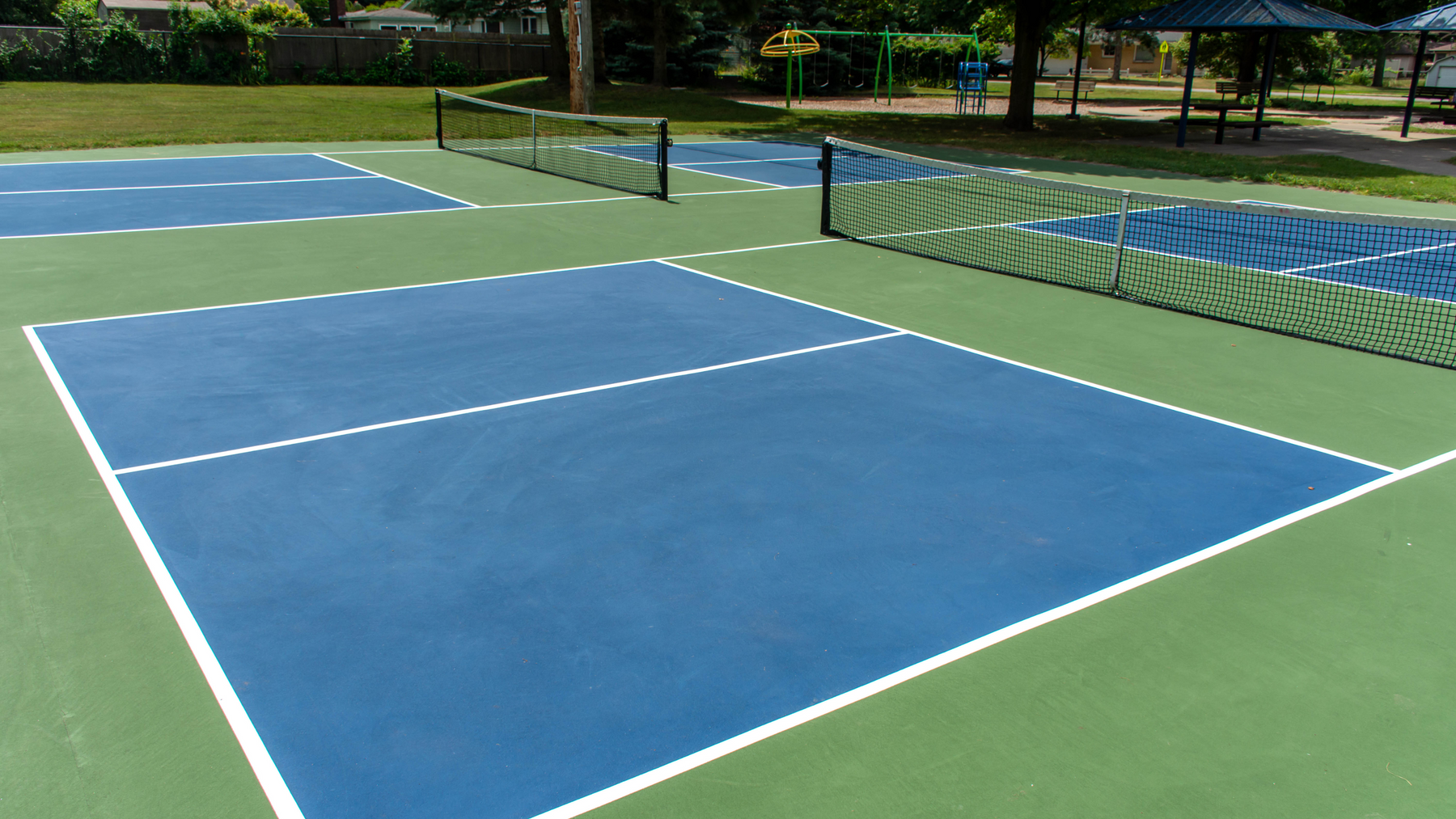
How Weather Affects Pickleball Play and Equipment Durability
Pickleball, a sport that has surged in popularity, is often played outdoors, where it's at the mercy of the elements. The weather can be an unseen opponent on the court, influencing every aspect of the game from playability to equipment durability. In this article, we delve into how different weather conditions affect pickleball play and the longevity of its gear.
Table of Contents
1. The Impact of Weather on Pickleball: Navigating the Elements
Pickleball, a sport that marries elements from tennis, badminton, and table tennis, isn't just a test of skill and agility — it's also a game where external conditions play a pivotal role. The whims of the weather can turn the tide of a game and alter the longevity of your gear.
2. The Play Under Different Skies
Clear, sunny days might be perfect for a picnic, but they bring their own set of challenges to the pickleball court. The glare of the sun can hamper visibility, affecting players' reaction times. Moreover, the UV rays can degrade the quality of your pickleball, leading to a loss of bounce and firmness over time.
When clouds gather and the humidity rises, the ball behaves differently. Moisture in the air adds weight to the ball, diminishing its speed and altering its trajectory. Players must adjust their force and strategy accordingly. Additionally, paddles may become slippery, and the dampness can wear down the grip and the paddle material.
Chillier conditions bring a different flavor to the game. As temperatures drop, the ball becomes harder and less responsive, demanding a more vigorous play style. The cold can also make the paddle brittle, risking cracks and damage with aggressive strokes.
Wind is the unseen player on the court, capable of redirecting the flight of the ball in unpredictable ways. It requires players to be extra vigilant and adaptable, often needing to recalibrate their aim and power with each stroke. Crosswinds are particularly notorious, able to whisk the ball off to the side even on a well-aimed shot.
3. Equipment Endurance in the Elements
Pickleball equipment isn't immune to the wear and tear inflicted by the elements. Prolonged exposure to the sun's rays can weaken the composite materials of paddles, leading to delamination or warping. Similarly, balls can lose their color and elasticity when left out in the sun for too long.
Rain can be just as detrimental, with water seeping into the core of the balls, affecting their weight and bounce. The paddles' grip tape may start to unravel or become less effective when wet, compromising your hold and control over the paddle.
In colder weather, the ball's plastic hardens, making it prone to cracking, especially when hit with force. The paddle surface can also become more rigid, potentially leading to a reduced sweet spot and a higher chance of mishits.
4. Adapting to the Weather for Optimal Play
Understanding how weather affects play is key to maintaining a competitive edge. Smart players adjust their tactics — playing more conservatively on windy days or using softer shots when the cold makes the ball less responsive. It's also crucial to choose the right equipment for the conditions and to ensure it's well-maintained.
By respecting the influence of weather and adapting accordingly, players can enjoy pickleball year-round, keeping the game both challenging and rewarding.
In conclusion, pickleball players must be as adept at reading the weather as they are at serving and volleying. By understanding and adapting to various weather conditions, players can not only improve their game but also extend the life of their equipment. Just like strategy and skill, weather awareness is a crucial part of the pickleball experience.
5. Frequently Asked Questions
-
How does hot weather affect pickleball play?
Hot weather can make the ball softer and more bouncy, leading to a faster game. Players should hydrate well and be prepared for more vigorous rallies. -
Can pickleball be played in the rain?
While it's possible to play in light rain, wet conditions can make the court slippery and dangerous. Moreover, the ball's weight and bounce can be affected by moisture. -
How should I store my pickleball equipment?
Store your equipment in a dry, cool place away from direct sunlight to prevent damage from heat and UV rays. -
Does the wind have a significant impact on pickleball?
Yes, wind can greatly affect the ball's trajectory, making it important for players to adjust their aim and shot strength. -
Is it necessary to have different equipment for different weather conditions?
While not necessary, having different paddles or balls suited for varying temperatures can enhance play and equipment durability.

